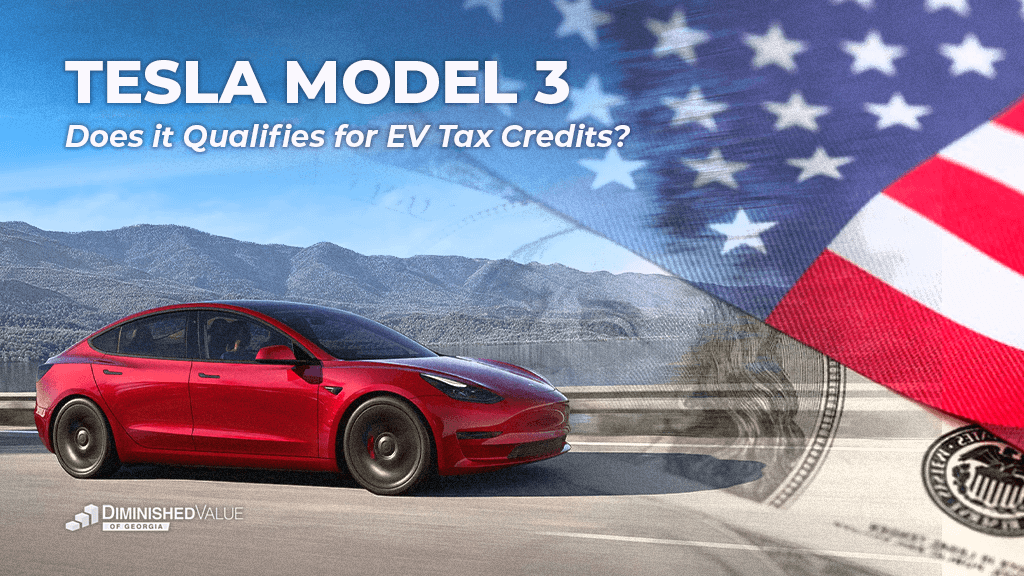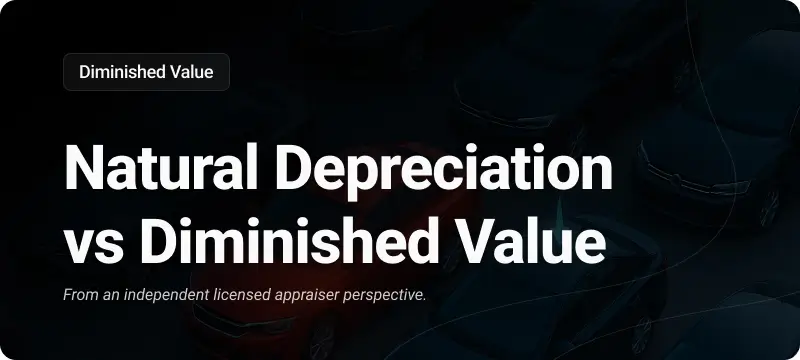Does the Tesla Model 3 qualify for the $7,500 EV Tax Credit? (PDF)
Yes, according to Tesla (but not yet the IRS), the entry-level Tesla Model 3 qualifies for the full $7,500 federal tax credit.

In a recent development that has caught the attention of electric vehicle enthusiasts, Tesla has announced that the entry-level Model 3 is now eligible for the full $7,500 federal tax credit in the United States. This news comes as Tesla continues to make waves in the automotive industry with its innovative electric vehicles. Although the Internal Revenue Service (IRS) has yet to confirm this update, if true, it would significantly enhance the affordability of the already popular Model 3. In this blog post, we explore the implications of this potential tax credit and its impact on the electric vehicle market.
Tesla’s Expanded Tax Credit Offer
Tesla has been making headlines for its commitment to reducing the cost of electric vehicles. As of last week, the company began offering a price cut of approximately $2,680 on the entry-level Model 3, doubling the discount of $1,300 introduced two weeks prior. Adding to the good news, Tesla now claims that every new Model 3 qualifies for the full $7,500 federal tax credit. This tax credit was extended and revised under the Inflation Reduction Act of 2022, which included certain limits and requirements to encourage domestic manufacturing.
Updated Requirements and Potential Savings
Starting in April of this year, new manufacturing standards demand that batteries and critical minerals used in electric vehicles be partially sourced from the United States. This initially meant that the least expensive versions of the Model 3, namely the Standard Range and Long Range RWD models, did not qualify for the full tax credit due to their batteries being sourced from China. However, Tesla’s recent announcement suggests that something has changed, though the company has not provided specific details regarding this development.
If Tesla’s claim holds true, the implications for potential buyers are remarkable. The base Model 3, priced at around $37,830, would be reduced to an enticing $30,330 with the $7,500 tax credit applied. This substantial discount, when combined with state incentives available in many areas, could bring the final cost of a Model 3 to under $30,000. This affordability is expected to entice more consumers to consider making the switch to electric vehicles, driving the adoption of sustainable transportation further.
Pending Confirmation and Income Limits
While the announcement from Tesla has undoubtedly sparked excitement, it is vital to recognize that the $7,500 tax credit for the Model 3 has not yet received official confirmation from the IRS. The most recent update on the IRS website in June displayed a tax credit amount of $3,750. Consequently, it is crucial for prospective buyers to stay vigilant and monitor official IRS statements for the most accurate and up-to-date information regarding tax credit eligibility.
Considering the income limits associated with the tax credit is critical for eligibility. For married couples filing jointly, the adjusted gross income must be lower than $300,000; heads of households qualify at an income below $225,000; and other filers at $150,000. These figures are essential to assess potential buyers’ qualifications for the benefit and should not be overlooked.
Potential Tax Credit Implications and Market Outlook
The prospect of the entry-level Tesla Model 3 qualifying for the full $7,500 federal tax credit has generated tremendous excitement among electric vehicle enthusiasts. While Tesla has made this claim, pending confirmation from the IRS, the potential savings could make the Model 3 an even more attractive option for prospective buyers. As the demand for sustainable transportation continues to rise, the affordability of electric vehicles plays a crucial role in driving their widespread adoption. The availability of substantial tax credits like these will undoubtedly accelerate the transition toward a greener future and motivate more individuals to consider the benefits of electric vehicles.



